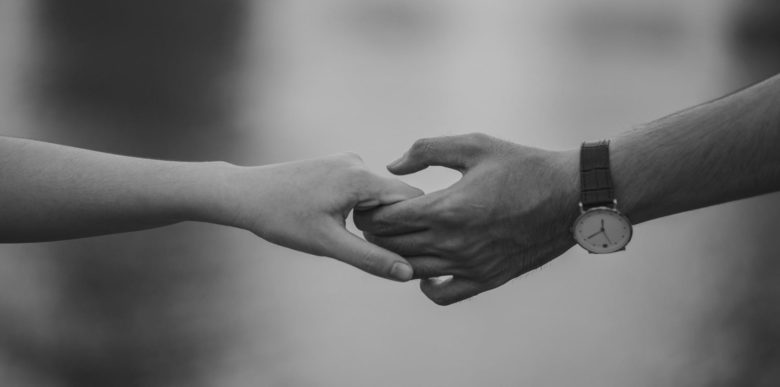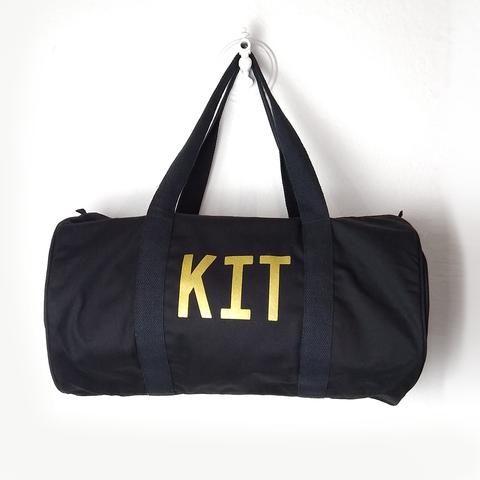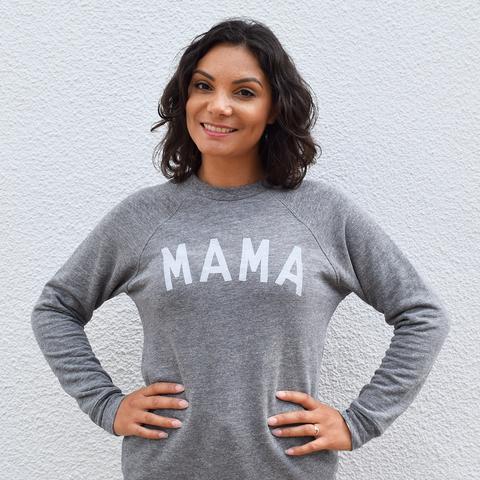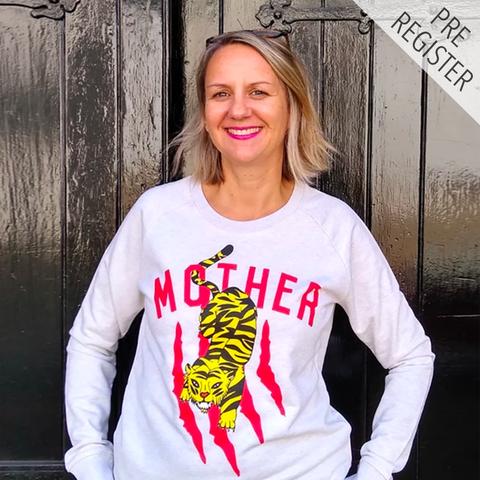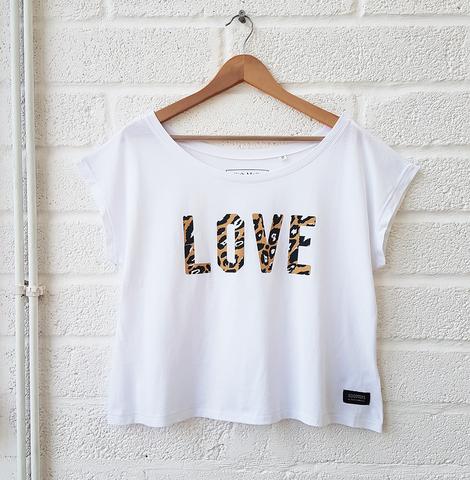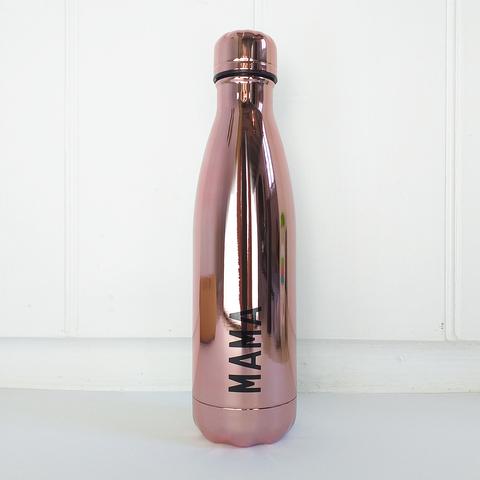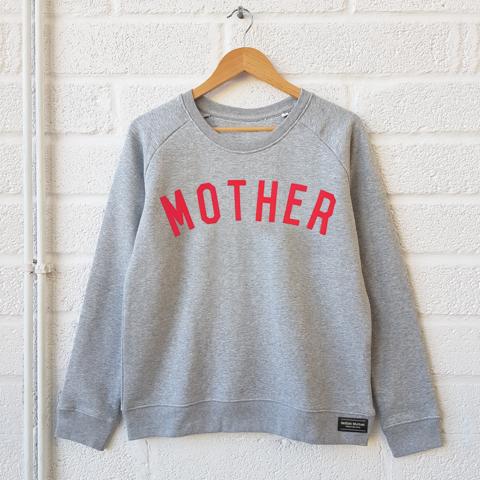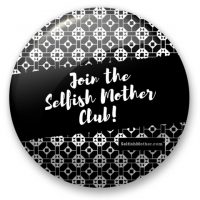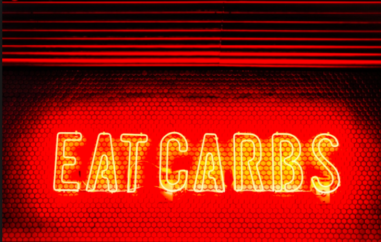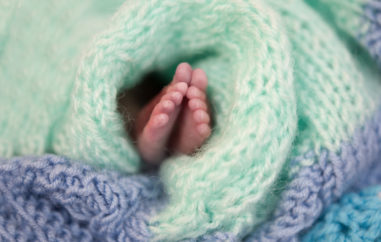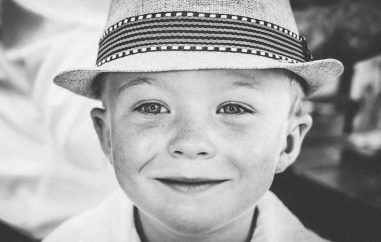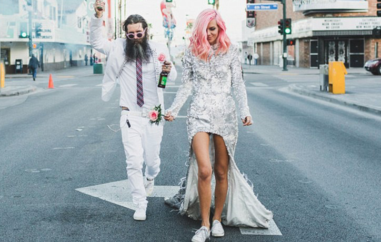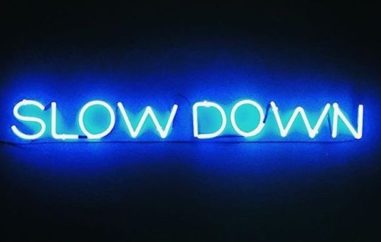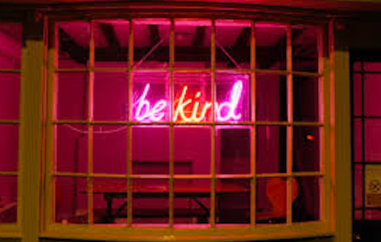I’ll be there for you? – partners on post-natal wards
1
A local mum, who happens also to be a freelance writer, just caused a Twitter storm by complaining that our local hospital doesn’t allow partners to stay overnight after a new baby is born. The story was picked up by newspapers and parenting sites, and so has been all over my social media.
This is hugely triggering for me. 4.5 years after the birth of my youngest, I was still reduced to tears when this story prompted me to think about that 48 hours after she was born.
I had an EMCS. It went wrong when the epidural failed and I could feel
SelfishMother.com
2
everything. I had A LOT of morphine to numb the pain so they could finish the operation, but that slowed by heart rate and breathing down so much that I needed to be hooked up to oxygen for the rest of the day. This was at 8am. At 8pm my husband was sent home for the night. I was in a private room, because I’d been so poorly, and I was, frankly, ignored.
When I rang the bell to ask the midwife to help me lift my baby out of her cot so I could feed her, she shouted at me. Actually, physically, shouted in my face, that I should be ’mobilising’ and
SelfishMother.com
3
needed to do things for myself. I co-slept with my daughter for the rest of the night, because I couldn’t lift her myself, I couldn’t leave her hungry and crying in her cot, and I was too scared to ask for help again.
It was the least safe co-sleeping you could possibly do, and very little sleep actually occurred. I was sleep-deprived after the previous night in labour, unable to move due to the major abdominal surgery and still off my tits on borderline illegal quantities of morphine. I lay there, digging my fingernails into my skin to try and
SelfishMother.com
4
stop myself falling dropping off, terrified that I would hurt my daughter. When I did nap it was to psychedelically vivid dreams that I had rolled and squashed her (cheers, morphine), and I woke sobbing and shaking. It was sheer hell.
The next day I begged and pleaded to go home, but the doctor didn’t think I was well enough after such a traumatic birth. The black irony was that I wasn’t considered well enough to go home, where my husband and parents were there to look after me and help with the baby, yet I was perfectly fine to be abandoned for a
SelfishMother.com
5
fourteen hour stretch to care for my newborn alone.
I developed PTSD and post-natal anxiety. Partly due to a previous series of miscarriages, high-risk pregnancy and traumatic birth, but largely I am sure due to that sense of total panic and abandonment on the post-natal ward.
I needed help and support. I really, really, really needed it. My husband would gladly have provided it, but he was not allowed. I understand the privacy issues, and religious scruples about men on post-natal wards, and I know that many NHS hospitals don’t have the resources
SelfishMother.com
6
for private rooms, double beds and so on. But to be honest, that all seems like excuses. Women on post-natal wards are equally exposed and vulnerable during daylight hours when male visitors are allowed. My husband would have happily spent the night on the chair next to the bed to avoid me going through what I experienced.
No woman should ever be treated the way I was treated by that midwife, but equally, there is a shortage of midwives, and it isn’t possible even for the most dedicated to provide the one-to-one care, not to mention the love and
SelfishMother.com
7
nurture, that a woman’s partner can. While women are left to cope alone at such a physically and emotionally vulnerable time, it is no wonder that rates of post-natal mental illness are on the rise.
It’s only a couple of generations since the idea of fathers being present at their baby’s birth was shocking, now the opposite is true. I’m sure future generations will be equally horrified that new mothers weren’t allowed to have there partners to support them in those crucial first few days and hours.
SelfishMother.com
This blog was originally posted on SelfishMother.com - why not sign up & share what's on your mind, too?
Why not write for Selfish Mother, too? You can for free and post immediately.
We regularly share posts on @SelfishMother Instagram and Facebook :)
Helen Chandler - 2 May 19
A local mum, who happens also to be a freelance writer, just caused a Twitter storm by complaining that our local hospital doesn’t allow partners to stay overnight after a new baby is born. The story was picked up by newspapers and parenting sites, and so has been all over my social media.
This is hugely triggering for me. 4.5 years after the birth of my youngest, I was still reduced to tears when this story prompted me to think about that 48 hours after she was born.
I had an EMCS. It went wrong when the epidural failed and I could feel everything. I had A LOT of morphine to numb the pain so they could finish the operation, but that slowed by heart rate and breathing down so much that I needed to be hooked up to oxygen for the rest of the day. This was at 8am. At 8pm my husband was sent home for the night. I was in a private room, because I’d been so poorly, and I was, frankly, ignored.
When I rang the bell to ask the midwife to help me lift my baby out of her cot so I could feed her, she shouted at me. Actually, physically, shouted in my face, that I should be ‘mobilising’ and needed to do things for myself. I co-slept with my daughter for the rest of the night, because I couldn’t lift her myself, I couldn’t leave her hungry and crying in her cot, and I was too scared to ask for help again.
It was the least safe co-sleeping you could possibly do, and very little sleep actually occurred. I was sleep-deprived after the previous night in labour, unable to move due to the major abdominal surgery and still off my tits on borderline illegal quantities of morphine. I lay there, digging my fingernails into my skin to try and stop myself falling dropping off, terrified that I would hurt my daughter. When I did nap it was to psychedelically vivid dreams that I had rolled and squashed her (cheers, morphine), and I woke sobbing and shaking. It was sheer hell.
The next day I begged and pleaded to go home, but the doctor didn’t think I was well enough after such a traumatic birth. The black irony was that I wasn’t considered well enough to go home, where my husband and parents were there to look after me and help with the baby, yet I was perfectly fine to be abandoned for a fourteen hour stretch to care for my newborn alone.
I developed PTSD and post-natal anxiety. Partly due to a previous series of miscarriages, high-risk pregnancy and traumatic birth, but largely I am sure due to that sense of total panic and abandonment on the post-natal ward.
I needed help and support. I really, really, really needed it. My husband would gladly have provided it, but he was not allowed. I understand the privacy issues, and religious scruples about men on post-natal wards, and I know that many NHS hospitals don’t have the resources for private rooms, double beds and so on. But to be honest, that all seems like excuses. Women on post-natal wards are equally exposed and vulnerable during daylight hours when male visitors are allowed. My husband would have happily spent the night on the chair next to the bed to avoid me going through what I experienced.
No woman should ever be treated the way I was treated by that midwife, but equally, there is a shortage of midwives, and it isn’t possible even for the most dedicated to provide the one-to-one care, not to mention the love and nurture, that a woman’s partner can. While women are left to cope alone at such a physically and emotionally vulnerable time, it is no wonder that rates of post-natal mental illness are on the rise.
It’s only a couple of generations since the idea of fathers being present at their baby’s birth was shocking, now the opposite is true. I’m sure future generations will be equally horrified that new mothers weren’t allowed to have there partners to support them in those crucial first few days and hours.
Did you enjoy this post? If so please support the writer: like, share and comment!
Why not , too? You can share posts & events immediately. It's free!
I'm author of novels 'Two For Joy' and 'To Have and to Hold' and mum to two daughters aged twelve and six. As well as writing, and my children, I love reading, cooking, eating and exploring London (and further afield when I get the chance).
I was born and brought up in Liverpool, studied English at Oxford
University, and now live in East London with my husband, daughters and cat.
LIST



